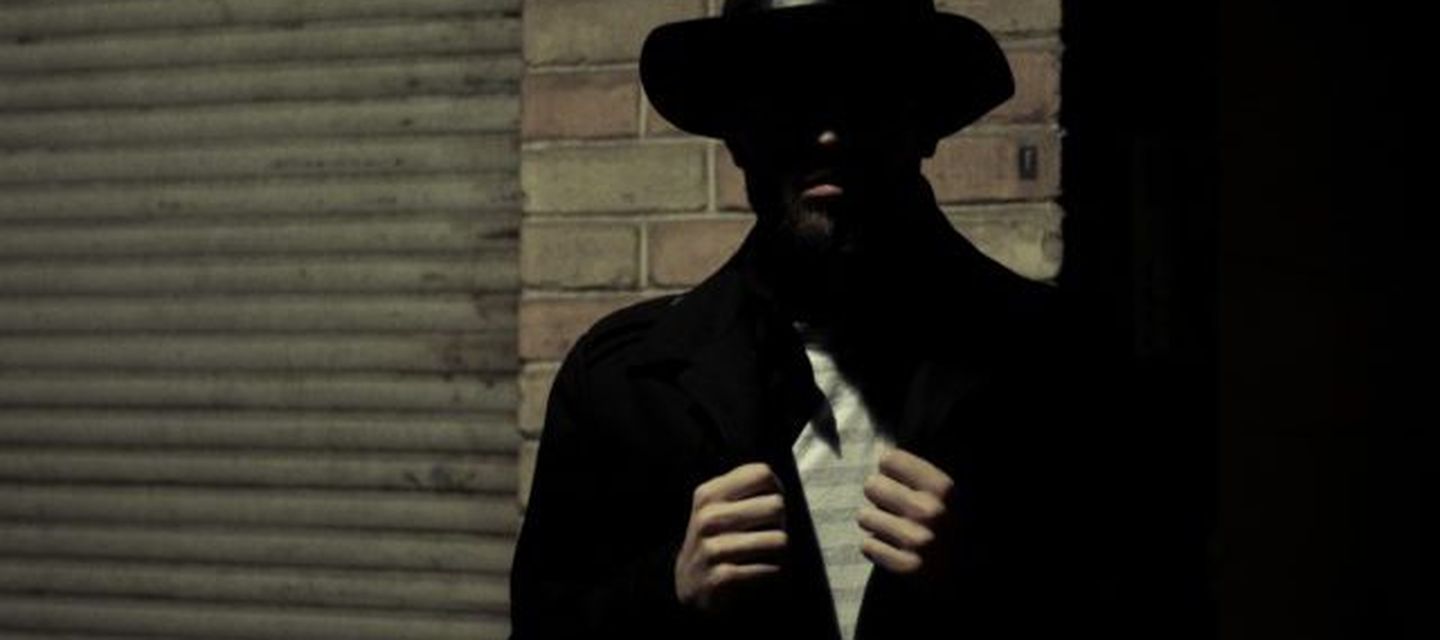
Are Secret Agencies all that Secret?
In this NIAS talk, fellow Simon Willmetts focuses upon arguably the world’s most famous intelligence service, the CIA, and how they have tried to come to terms with their new public role.
Intelligence agencies are typically understood as highly secretive institutions, with their activities largely cloistered from public life. Increasingly, however, this is no longer the case. Since 9/11 they have found their activities publicised on the front pages of newspapers on an almost routine basis. Numerous major public enquiries, conspiracy theories such as narratives of the ‘deep state’, major Hollywood movies and television dramas, whistle blowers and public referenda, have all forced intelligence services into an uncharacteristically public role.
Traditionally, Western intelligence services have prided themselves on being apolitical and somehow aloof or detached from political partisanship. In the last two US Presidential elections, however, we have seen how intelligence services like the Central Intelligence Agency (CIA) have become a key issue on the electoral battleground, with numerous former senior intelligence officers breaking this tradition of non-partisanship, and taking sides. With complete secrecy no longer an option, the CIA has shifted towards a strategy of information management and public relations. They have worked more closely with journalists, filmmakers and writers to improve their public image, and contain scandals when they arise. Ultimately, this new and uncomfortable (for them) existence as partly-public and partly-secret, has profound implications for both the way in which intelligence services themselves operate, and the manner in which we as citizens understand their place within democratic society.
About the speaker
Simon Willmetts is Assistant Professor in Intelligence and National Security at Leiden University. During his NIAS fellowship he is researching how the Central Intelligence Agency shaped American cultural and political ideas, and in turn, how those ideas have shaped the work of American intelligence.
Richard Aldrich is Professor of International Security at the University of Warwick. His main research interests lie in the area of intelligence and security communities. His most recent book is The Black Door: Spies, Secret Intelligence and British Prime Ministers, co-authored with Rory Cormac which explores the interaction between intelligence and Downing Street.
Rutger van der Hoeven is a journalist and historian. He works as editor of foreign affairs at De Groene Amsterdammer and is Lecturer at Universiteit Utrecht, where he focusses on the history of photography and the Vietnam War. Van der Hoeven was a NIAS Fellow in 2012/13. During his fellowship he wrote over 60.000 words of a book manuscript on photography, photojournalism and the globalisation of images.
Fenneke Wekker (moderator) is Head of Academic Affairs at NIAS.
:rgb(-15)

:rgb(-25)
